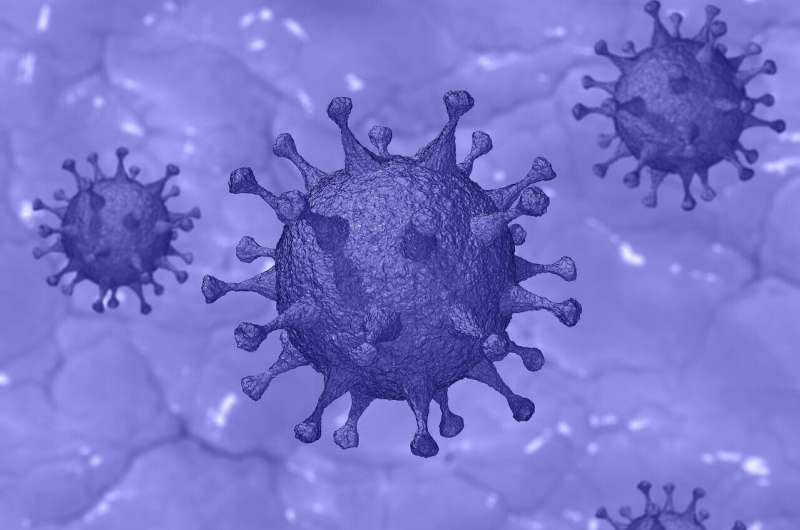Potentially predictive humoral immune response markers in COVID-19 patients

Galit Alter, Ph.D., Group Leader at the Ragon Institute of MGH, MIT and Harvard and Professor of Medicine at Harvard Medical School, and Helen Chu, MD, Associate Professor of Medicine, Division of Allergy and Infectious Diseases, University of Washington School of Medicine, and UW Medicine physician, have recently published a paper which identifies five immune response markers which, collectively, were able to correctly classify both convalescent COVID-19 patients and those who did not survive the disease. The study was published in the journal Immunity.
Dr. Chu's team, responsible for the enrollment, collection, and management of the clinical work in this study, collected samples hospitalized COVID-19 patients. Overall, this study used samples from a cohort of 22 individuals, 12 of whom recovered, and 10 of whom died.
Dr. Alter's team used her systems serology technique, an approach that relies on 60+ assays to create a detailed profile of the immune response, to compare the immune responses of those who had survived to those who had not.
"Any given feature tells only a small part of the story. By looking at the overall profile of the immune response, we can begin to truly understand how the immune system responds to COVID-19 and then use that knowledge to prevent the worst outcomes of this disease," said Alter.
The virus that causes COVID-19, SARS-CoV-2, has two main proteins that the humoral immune system, which is responsible for antibody production, responds to. They are the spike (S) protein and the nucleocapsid (N) protein.
"Most vaccine candidates in development are designed to elicit antibodies against spike antigen, which is the response we observed with individuals who survived natural infection," Chu said. The N protein is produced at significantly higher levels in the virus than the S protein is, but previous studies have shown that an immune response to the N protein does not provide protection against coronaviruses related to SARS-CoV-2.
Using her systems serology technique, which creates a detailed profile of the humoral immune response, Dr. Alter's lab compared the immune responses from the recovered individuals to the deceased ones. They found that patients who had recovered had a humoral immune response that responded mostly to S protein, while deceased individuals had a shift in immunodominance such that that they had a stronger immune response to the N protein.
"The shift in immunodominance was only apparent after comparing robust, detailed profiles of the immune response from different groups of patients," Alter said.
This immunodominance shift could be detected by measuring five immune response markers: IgM and IgA1 responses to S protein and antibody-dependent complement deposit, IgM, and IgA2 response to N protein. Using these five markers, researchers were able to build a model that could correctly classify clinical samples as belonging to deceased or convalesced individuals. In order to verify this model, 40 clinical COVID-19 samples from Boston, 20 from convalesced individuals and 20 from deceased patients, were assayed. The results showed the same S protein to N protein shift in immunodominance in deceased individuals compared to convalesced ones. Furthermore, in the samples analyzed, this immunodominance shift was more predictive of recovery or death than using demographic factors such as age or sex.
"Finding these early antibody signatures may have implications for assessing COVID-19 vaccine candidates to ensure they produce an immune response similar to that of individuals who survive natural infection," Chu said.
How these predictive immune markers may be influenced by risk factors of COVID-19, time course of infection, or severity of disease is yet to be known. However, this study provides a potential way that at-risk patients can be identified based on individual immune responses and may drive help rational vaccine design.
More information: Caroline Atyeo et al, Distinct early serological signatures track with SARS-CoV-2 survival, Immunity (2020). DOI: 10.1016/j.immuni.2020.07.020




















